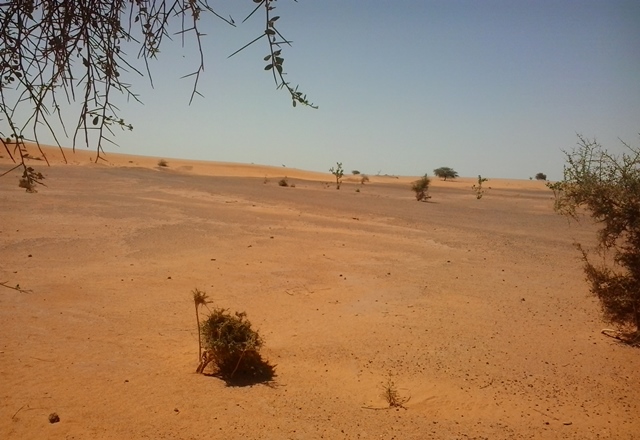On Sunday July 2, the G5 Sahel Summit will take place, which will be attended by French President Emmanuel Macron. The summit comes after the Security Council voted on June 21 to support the deployment of the joint force of the 5 Sahel countries, which has a mandate to fight terrorism, human and drug trafficking in the region.
At a time when the G5 Sahel (Mali, Niger, Burkina Faso, Mauritania, Chad) is mobilizing attention and energies, an area seems to be absent: the Liptako-Gourma, a border region between Mali, Niger and Burkina Faso, faced with the emergence of violent extremist groups. As a reminder, last January, the three countries created a common force after the Liptako-Gourma Authority summit.
Among the groups is the Katiba Macina, led by the Fulani preacher Hamadoun Sangaré, known as Kouffa, and operating essentially in the Center of Mali (Ségou, Koulikoro, Mopti). Since March 2017, this movement with a certain mystery has dissolved in the Group for the support of Islam and Muslims led by Iyad Ag Ghaly.
To this movement are added Ansarul Islam of Ibrahim Malam Dicko in the Sahelian region of Burkina Faso, and the Islamic State group in the great Sahara of Adnan Abu Walid Al-Sahraoui, which continues to carry out attacks in Niger and Burkina Faso. Two days ago, he threatened in a letter two leaders of the Imghad and Daoussahak communities in northern Mali: El hadj Gamou and Moussa Ag Acharatoumane.
In a report published this Friday June 30, the Institute for Security Studies ISS) wonders if the Lipatako-Gourma is not the epicenter of the crisis in the Sahel. According to the research center, based in Dakar, some commentators “tend to describe the insecurity in this border region as a mere extension of the Malian crisis. People are often heard in Ouagadougou or in the Sahel region of Burkina Faso complaining about “enemies from Mali”. They accuse Mali of not controlling its borders, and claim that the Malian refugees in Burkina Faso are complicit in the attacks”.
While Mali is one of the main centers of instability in the Sahel, its neighbors are increasingly developing a tendency to accuse it of all the problems affecting the region. But there are many experts who are of the opinion that the same causes and forms of the interminable Malian crisis are found in some of its neighbors: weak capacity of States to invest territories, political and social elites who have become archaic and unreliable, the emergence of non-State groups. “Each state must, however, take into account the local negligence situations that explain the spread of armed threats in the Sahel. Some regions (more than some communities) have been neglected by the state, communities are mobilizing to solve the problems that divide them without going through the State, which feeds the formation of various and more or less controlled armed groups. Radical groups in particular, know how to manipulate these situations of neglect or even abandonment in order to settle, to defend certain regions or communities and to impose their vision of society. They succeed there even better when the State is discredited by its absence, corruption or brutality”, explained Jean-Hervé Jezequel, senior analyst on the Sahel region of the International Crisis Group (ICG) in March during an interview with Sahelien.com.
In this border region, violent extremist groups exploit local conflicts to recruit and grow their ranks. This is one of the explanations that the ISS gives to the deterioration of security conditions at the Mali-Niger border: tensions have arisen due to the natural resources and the theft of cattle between the Fulani (Tollobè) of Niger and the Daoussahaq (Touareg) of Mali, because of the drought of the 1970s. The security forces proved powerless against these uprisings. These resentments and tensions were exploited by the MUJAO (Movement for Unity and Jihad in West Africa) and Ansardine to recruit within the Fulani community.
Reached by Sahelien.com, the author of the analysis , Ibrahim Maïga, researcher at the ISS (in Bamako), believes that in order to curb insecurity in the Sahel, the governments of the different States must pay more attention to border regions, such as the Liptako-Gourma, by proposing a new social contract that involves the provision of basic services. In addition to controlling the lands, States also need to improve governance, he writes, in line with a long-term vision. The fight against organized crime is not enough, the urgent need is “to invest in the appropriate agricultural and livestock programs”.
“It is only through a real political project for these territories that mobilization at various Levels, in recent times, will make sense and give results”, concludes the report.
Newsroom

